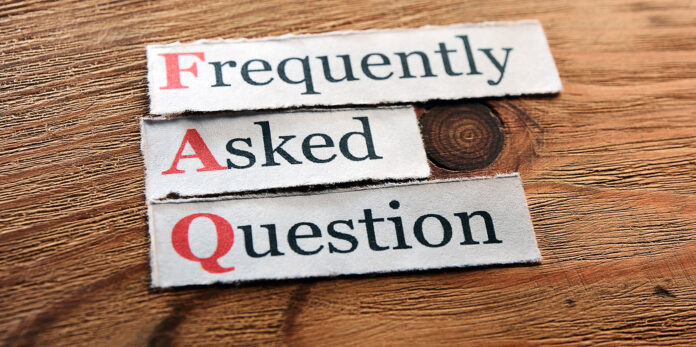If you have equity in your home and need funds to pay down debts, upgrade your home, cover schooling costs, or whatever, you might want to pursue a home equity loan, which you’ll get in a lump sum then make monthly payments. Because the interest rate and monthly payments are fixed, there will be no surprises there. And you won’t have to concern yourself with upfront fees or closing costs.
Want to know more? Here are home equity loans FAQ.
What is a Home Equity Loan?
Let’s define terms first. Also known as a second mortgage, this is a type of loan that allows you to use the equity in your home as collateral to borrow cash.
What is Equity?
Basically, equity is the difference between the amount you owe on your home and how much your home is worth.
Home Equity Loans Frequently Asked Questions
Here are some commonly asked questions about home equity loans.
Can I Deduct the Interest on a Home Equity Loan?
You very well may be able to deduct the interest cost on a home equity installment loan. Check with your tax advisor.
Can I Still Sell My Home if I Have a Home Equity Loan?
Yes. You can list your home for sale without having cleared your home equity loan. At closing time, sale proceeds will take care of liens on your property’s title.
What is the Loan Term Like?
It varies. Usually, borrowers will have between 5-20 years to repay the loan, but 30 years is not uncommon. You submit monthly payments until the loan balance is erased.
What Do People Use Home Equity Loans For?
Really, it’s up to you, but common uses are home improvements, debt consolidation, weddings, emergency medical bills, and education. Achieve’s home equity loans can help you work toward your goals.
What are Loan Requirements?
It varies by lender, but most lenders want to see equity of at least 15% to 20% and a credit score in the mid-600 range. Further, you’ll likely need a debt-to-income ratio of 43% to 50%. Lenders also want to make sure you have sufficient income and a reliable payment history. You can use a home equity loan payment calculator to figure out what your payments will likely look like.
What Happens if I Default on My Loan?
Your loan is secured by your home, meaning your property serves as collateral. That means that if you don’t make payments, you risk losing your home. So, just be certain you can repay the loan before you take it out.
My Rate Won’t Go Up?
Nope. Even when the Fed raises interest rates, there will be no hike in the amount you pay over the life of your loan. In other words, your interest rate is fixed. The rate you sign on for will not change.
My Payments Really Won’t Change?
Just as your rate won’t change, neither will your payment. Plus you’re borrowing a lump sum, anyway. So, your payments will remain predictable.
How Much Equity Do I Need in My Home?
Many lenders want to see you maintain a loan-to-value ratio of no more than 85%, meaning that, even after taking out a loan, you still have at least 15% equity in your home.
What’s the Minimum Amount I Can Borrow?
Most lenders won’t bother with loans of less than $10,000. In fact, some financial institutions won’t go under $25,000.
Hopefully, you can use these home equity loan FAQs to help you decide whether such a loan is right for you. We do recommend Achieve for your equity loan needs.
































